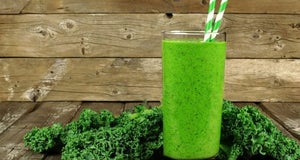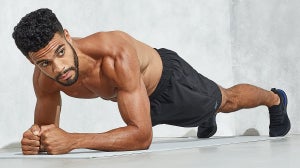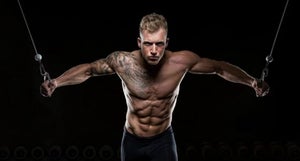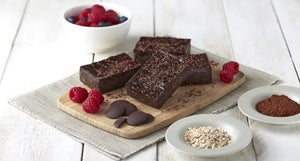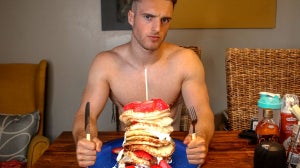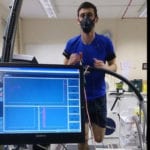
Are Low-Calorie Diets The Way Forward?
Very low-calorie diets are appealing to many people due to their promises of fast weight loss and quick results. Indeed, a dramatic drop in calories will equate to a dramatic drop in weight, but this approach has its downfalls too, and is actually only recommended as a last resort for individuals that are dangerously overweight, and need to lose weight rapidly for health reasons such as an impending surgery or to alleviate other conditions caused by obesity.
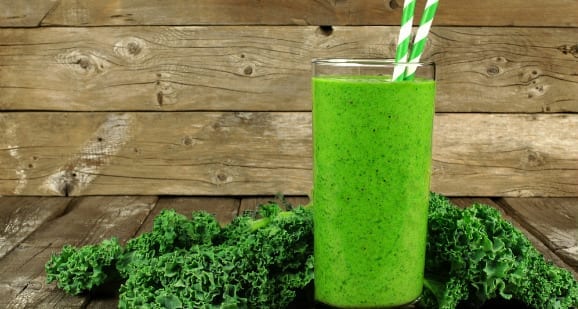
What Is A Low-Calorie Diet?
A very low-calorie diet is as the name suggests, a diet in which the person that needs to lose weight consumes generally between 600-800 calories a day. This type of diet must be followed under medical supervision, and should not be used as a quick fix to fit into a party dress or bikini, and this is due to the fact that this type of extreme measure comes with its own set of health risks and side effects. It is not an ideal diet for anyone with a BMI under thirty according to the NHS, and even for those above that measurement, it should not be the first choice of treatment for those individuals.
Health Issues Caused By A Low-Calorie Diet
Malnourishment
Even a well planned very low-calorie diet may be lacking some of the essential nutrients needed to maintain a healthy fully functioning body. As a result, there can be some unpleasant side effects when following this form of diet such as headaches, hair thinning, and constipation. It is crucial to ensure you eat a diet high in fibre and include plenty of fluids throughout the day when following a very low-calorie diet.
Difficult To Adhere To
Very low-calorie diets are tricky to stick to. You are quite limited when you have such a small calorie allowance, therefore making it a short-term solution and difficult to maintain. Hunger and low-energy can be an issue when following this type of diet.
Muscle Loss
A major issue with very low-calorie diets can be muscle loss. This may not seem like that big a deal, but when you consider your muscle mass contributes to the strength of your metabolism it becomes clearer why this can cause issues down the line, making the weight loss a lot easier to gain back on when you resume normal eating habits due to a slower metabolism as a result of losing muscle.
Reduce the muscle mass lost during the period of following a very low-calorie diet by ensuring the foods you do eat are protein-rich, and also ensuring you include plenty of resistance training in your routine to maintain as much muscle as possible.
Who Benefits From A Low-Calorie Diet?
As mentioned previously, according to the NHS this diet is not recommended as a quick fix for the average person hoping to shed a few pounds. It is actually only recommended if you are classified as obese, and have attempted to shed excess weight through less extreme means but have not been successful enough to reach an acceptable level to protect your health. Importantly, it is not suitable for children, or pregnant and breastfeeding women. It’s crucially important that you consult a doctor before attempting a very low-calorie diet.
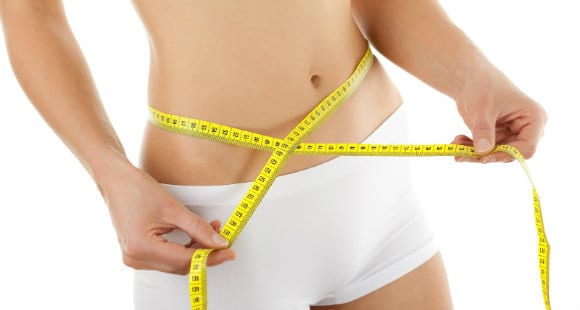
Low-Calorie Diet Tips
If your doctor agrees that a very low-calorie diet is necessary for you to follow, here are some tips to help make the transition a little easier for you.
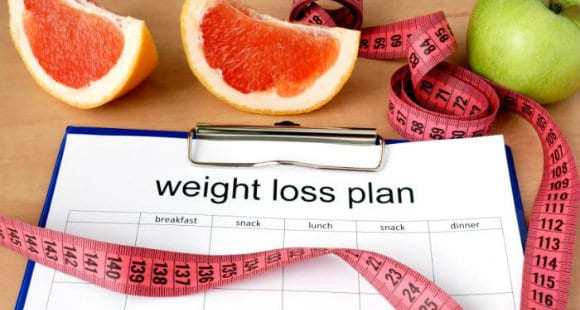
Choose Volume
Foods which are low-calorie yet filling are the way to go when you are following a very low-calorie diet. Some examples of great food choices include brightly coloured fruits and vegetables which are also high in fibre and will help to prevent digestive issues such as constipation. These fruits will also help boost your nutritional intake to ensure you are consuming as many vitamins and minerals from whole foods as possible.
Shakes
Including a very low-calorie diet meal replacement shake can help you to adhere to your nutritional plan while helping to provide a powerful punch of vitamins and minerals. It is also a great option to have on the go and after a training session as there is next to no preparation involved and you can simply mix up your shake with water and drink it on the go!
A shake designed especially for the purpose of a very low-calorie diet may be an ideal addition to your routine for a snack or meal as it has been specially designed to include as many nutrients as possible for those undertaking this type of diet. It is important to remember that these shakes are designed to be used in conjunction with other foods, and not as a sole source of nourishment or dietary intake.
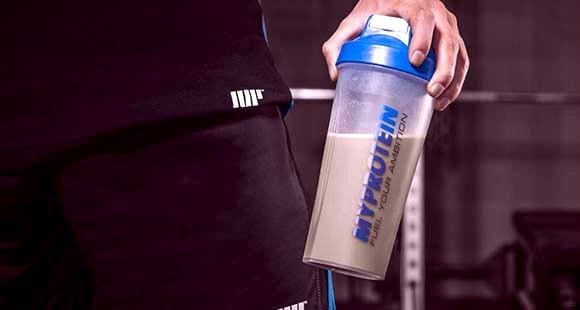
Stay Hydrated
Ensure that you drink ample water while on a very low-calorie diet. This will help you to prevent constipation but will also reduce your hunger levels and the incidence of headaches for the duration of your diet.
Ensure that you talk with your doctor before undertaking a very low-calorie diet to help reduce any of the unpleasant and undesirable issues that can arise from such a low-calorie intake.
Our articles should be used for informational and educational purposes only and are not intended to be taken as medical advice. If you're concerned, consult a health professional before taking dietary supplements or introducing any major changes to your diet.

Casey Walker is an experienced sports nutrition new product development technologist. He holds a Bachelor of Science in Sports and Exercise Science and a Master of Science in Sports Sciences and Physiology.
Casey’s scientific research area of expertise lies in the effects of dietary nitrates on sprint performance and exercise-induced muscle damage. He has also worked as a sports scientist for a medal-winning Paralympic track cyclist, with a goal of qualifying for the Rio 2016 Paralympics.
Find out more about Casey’s experience here.
In his spare time, Casey is a keen middle-distance runner with an interest in triathlon. He’s always looking out for the latest blends and supplements to improve his half-marathon time and recovery.

